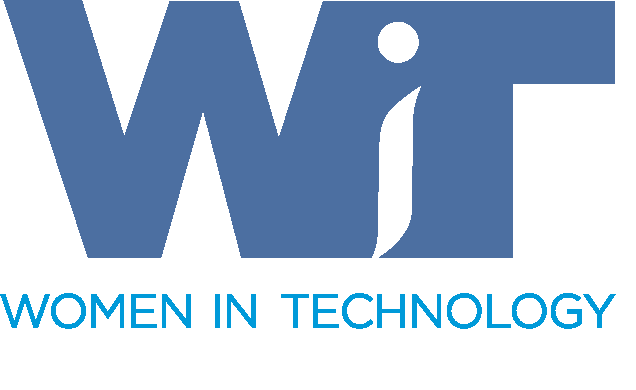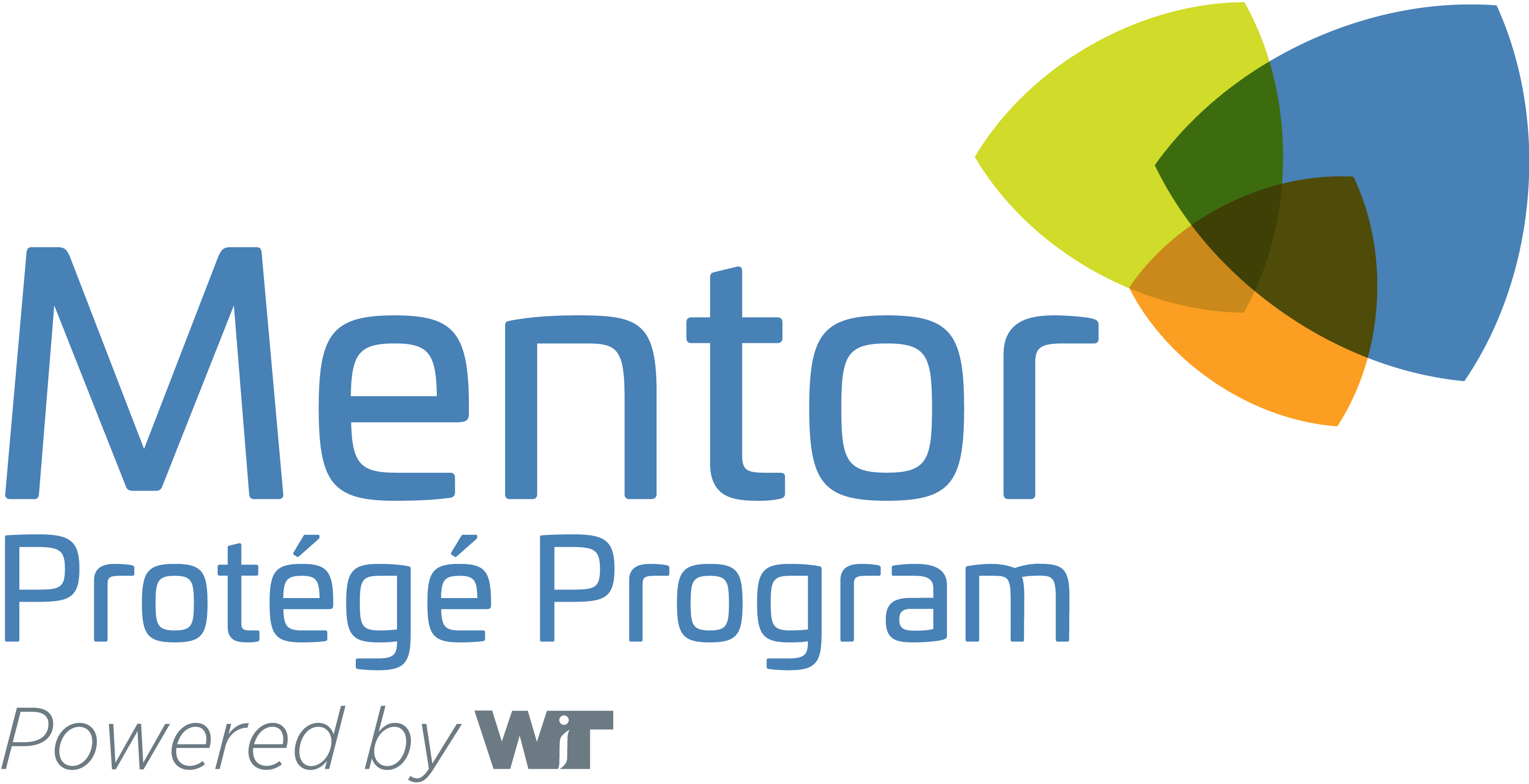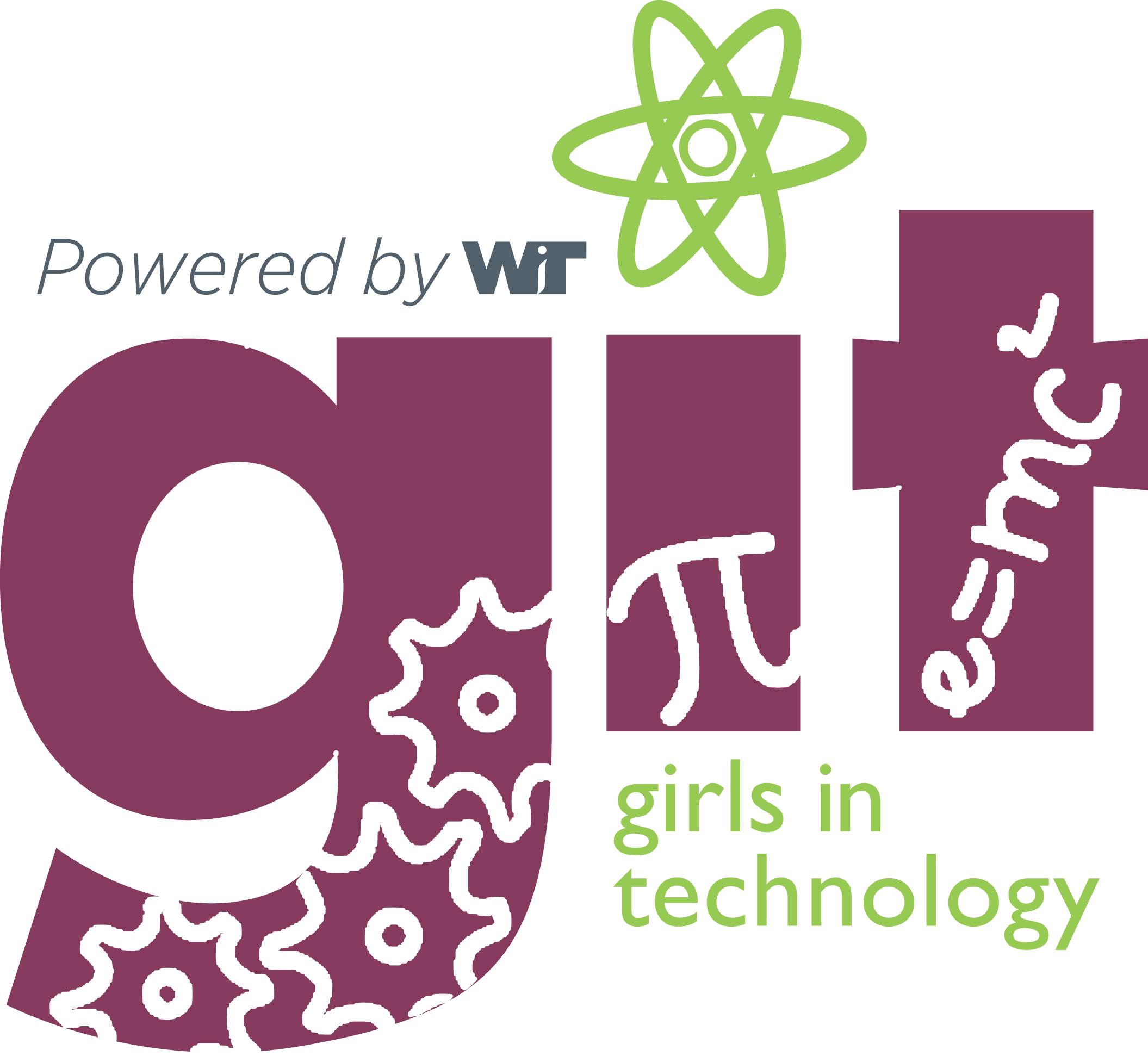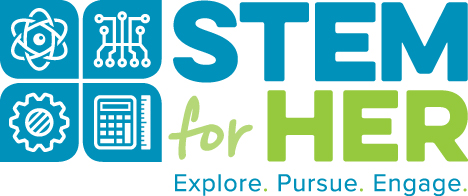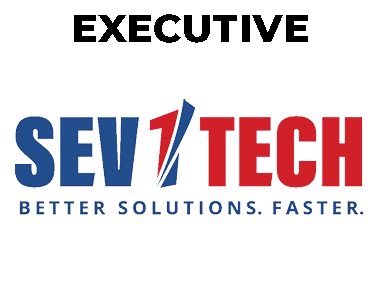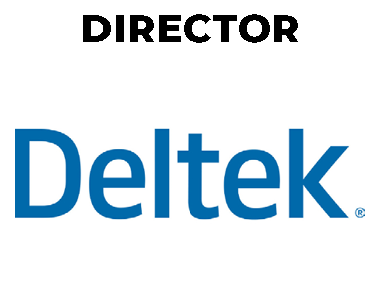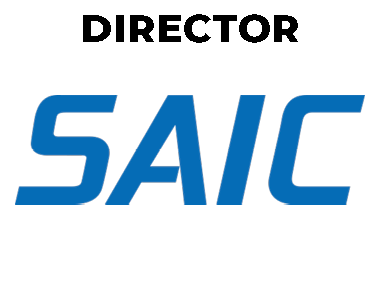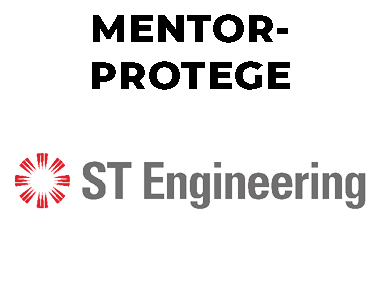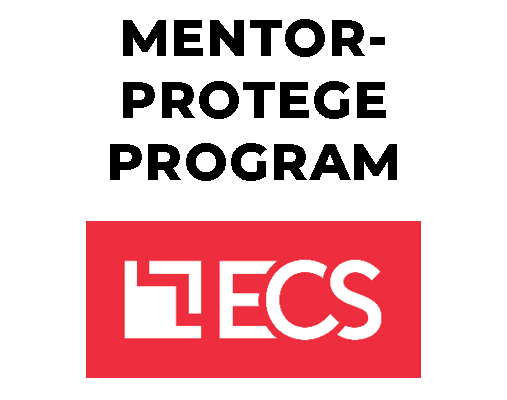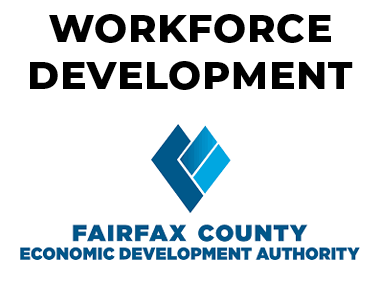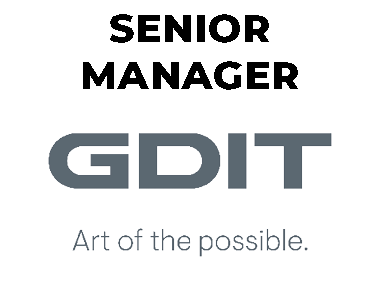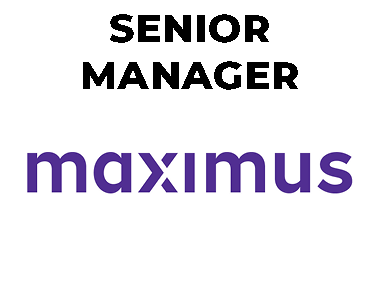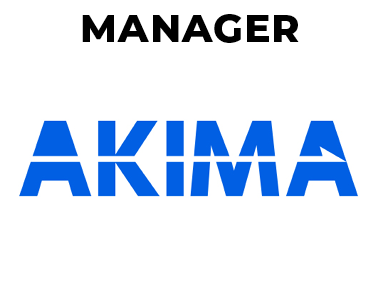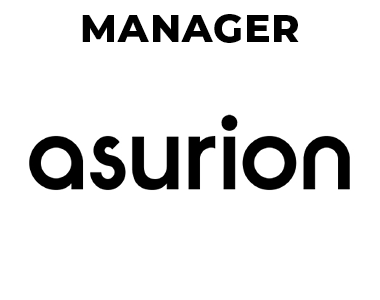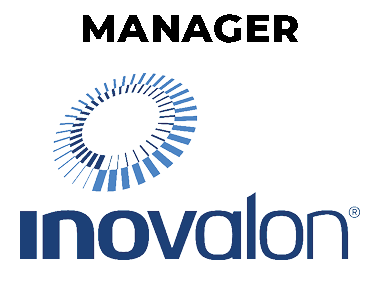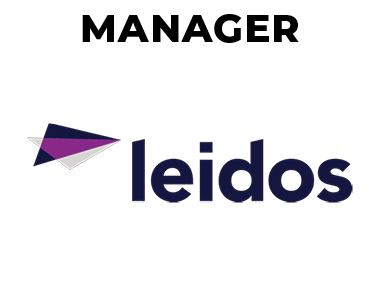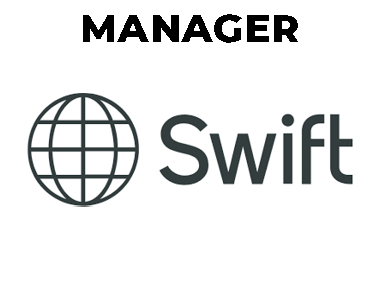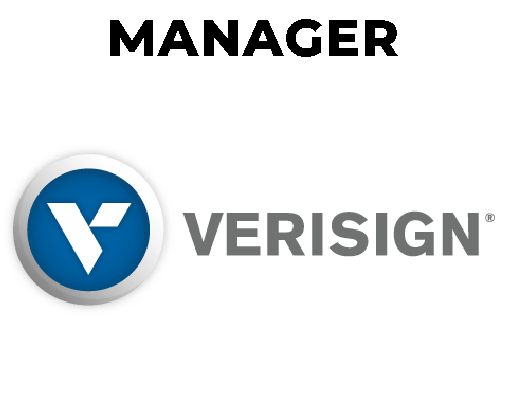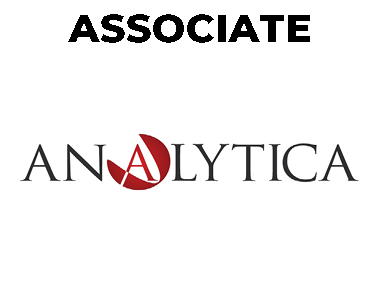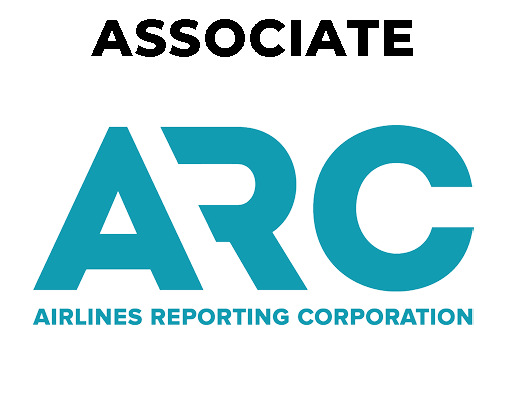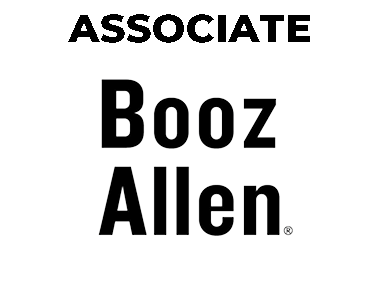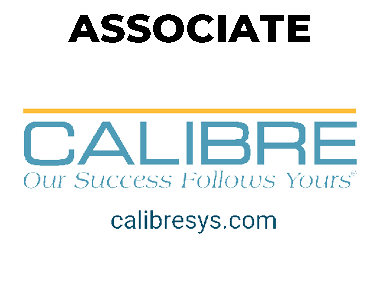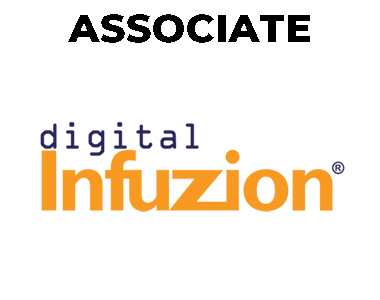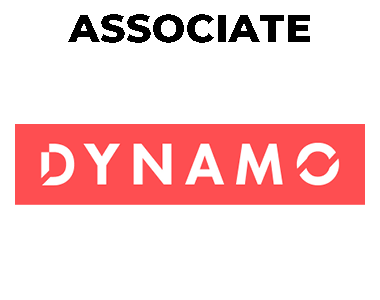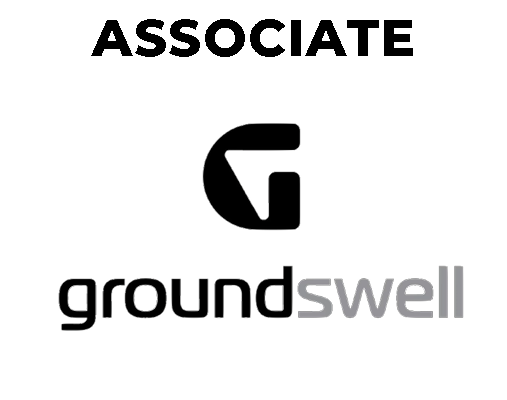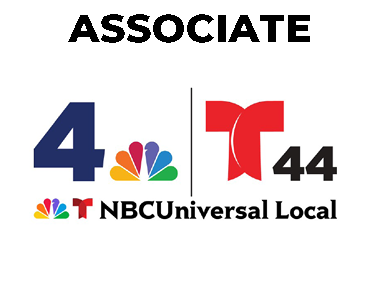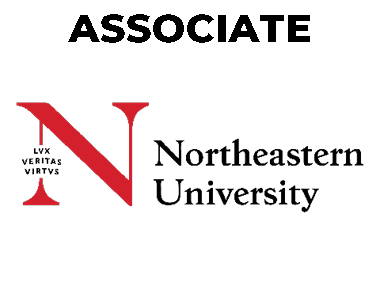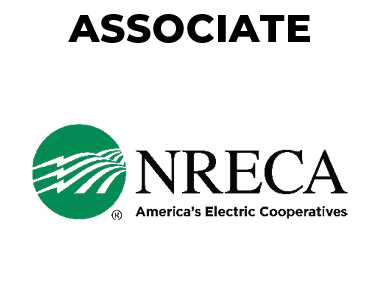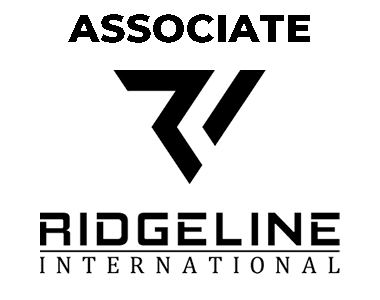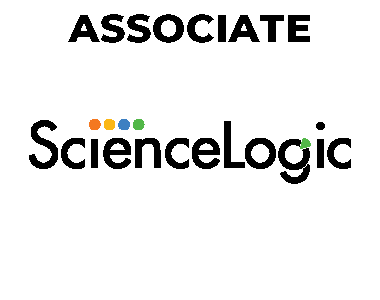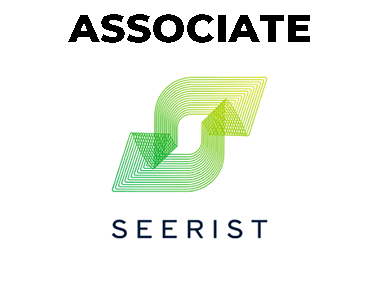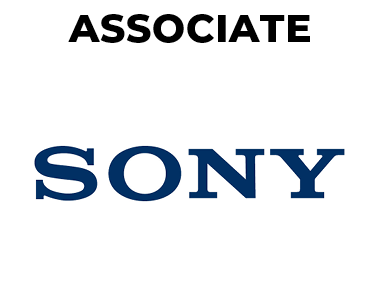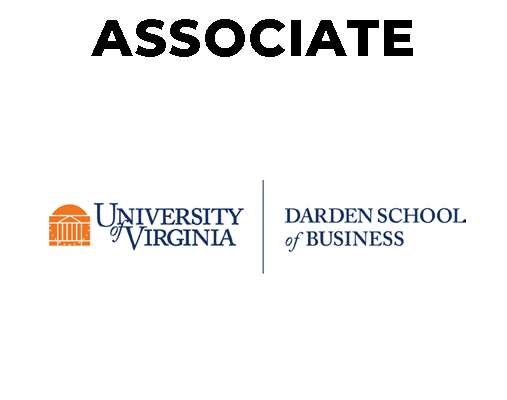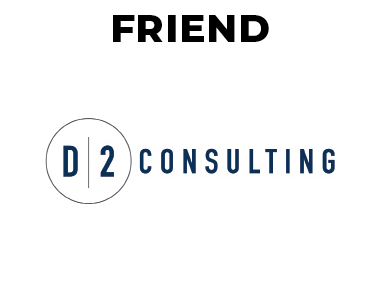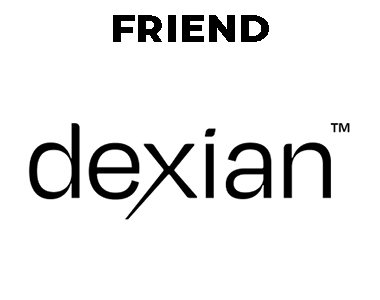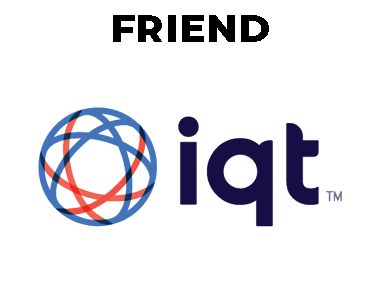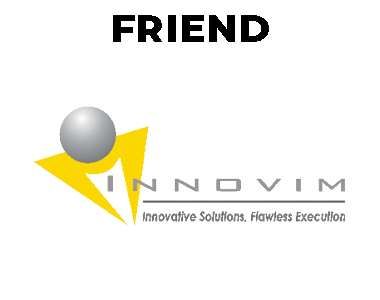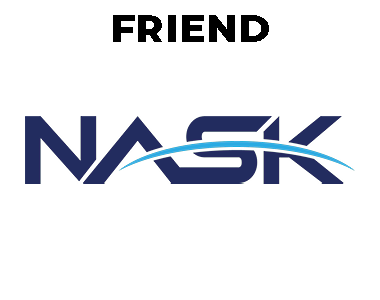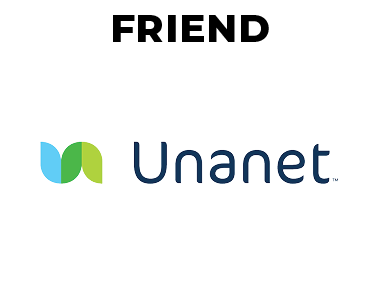AI has long fascinated us as a society, becoming central to the plots of numerous thriller movies and novels. Now AI is no longer just fiction; it is a reality, and its applications are broad reaching. AI-based technology is already allowing us to make invaluable advancements in medicine, cybersecurity, transportation, finance, and education. The potential benefits are so great, they are driving billions of dollars of investment.
In preparation for next week’s WIT Connect around AI, we sat down with Chuck Howell - Chief Engineer for Intelligence Programs & Integration at the Center for National Security, MITRE – to gauge his thoughts on AI; what it is and where it’s headed.
What applications of artificial intelligence do you find most fascinating?
I’m personally most interested in “cognitive assistance,” where people and AI combine to accomplish cognitive tasks that are out of the reach of either unassisted humans or machines.
This includes the use of AI in sense-making, diagnosis, analysis, and prediction. Specific application domains include intelligence and law enforcement analysis, clinical decision support, cybersecurity, strategic forecasting, and more broadly, the “transformation of knowledge work” as some have called it.
Should we as humans be afraid of AI – as in a "robots are coming for my job" sense or otherwise? Why or why not?
I think the more dramatic fears about AI – of a hard takeoff of a superhuman AI that at best treats us as pets and at worst turns us all into paperclips – are not well founded. In my opinion, a very balanced view of this was expressed in the National Science and Technology Council Committee on Technology’s October 2016 report “Preparing for the Future of Artificial Intelligence.” As they put it:
The NSTC Committee on Technology’s assessment is that long-term concerns about super-intelligent AI should have little impact on current policy. Although prudence dictates some attention to the possibility that harmful super-intelligence might someday become possible, these concerns should not be the main driver of public policy for AI.
I think there is more widespread concern about the implications of continuing advances in AI for jobs. As an avid layman reader on the economic implications of AI advances, I will admit to routinely sending my three adult children articles about the need to anticipate what aspects of various jobs and careers are likely to change significantly over the next 10 or more years. They describe these as “another robots are going to take our jobs email from Dad.” It seems clear some jobs will be substantially changed or even eradicated, and many more jobs will be altered to a degree. I have no idea if the net result is more or fewer jobs, but I think there are a lot of reasons to pay attention to this and I’m glad that there is a growing focus on these questions.
What is the next big thing in AI going to be?
Even in my most delusional moments, I don’t think that I have a better sense for near term breakthroughs in AI than the researchers actually advancing the technologies. Therefore, I will without shame cherry pick from some of their observations. Reinforcement learning and various approaches to adding persistent memory to deep neural networks certainly seem to be consensus areas for further breakthroughs. In broader terms of applications, there seems to be potential for breakthroughs in planning, language understanding, and computer-human interfaces.
I also think it’s unavoidable that as AI is increasingly adopted for critical roles, the prospects of a significant failure due to AI increase. I don’t imagine this will lead to another “AI Winter.” But depending on the nature and extent of the failure, it will almost certainly accelerate the already growing focus on safety, control, and fairness in AI.
As Pedro Domingos says in The Master Algorithm: “People worry that computers will get too smart and take over the world, but the real problem is that they’re too stupid and they’ve already taken over the world.
Join February’s WIT Connect to discover:
- Where AI is now and what’s around the corner
- How AI is changing lives
- What’s real and what’s hype
When: Thursday, February 16, 2017, 6:00 p.m. – 8:30 p.m., EST
Where: 7950 Jones Branch Drive, McLean VA, 22102
Registration: To register for the event, please visit http://bit.ly/2kepl8R
